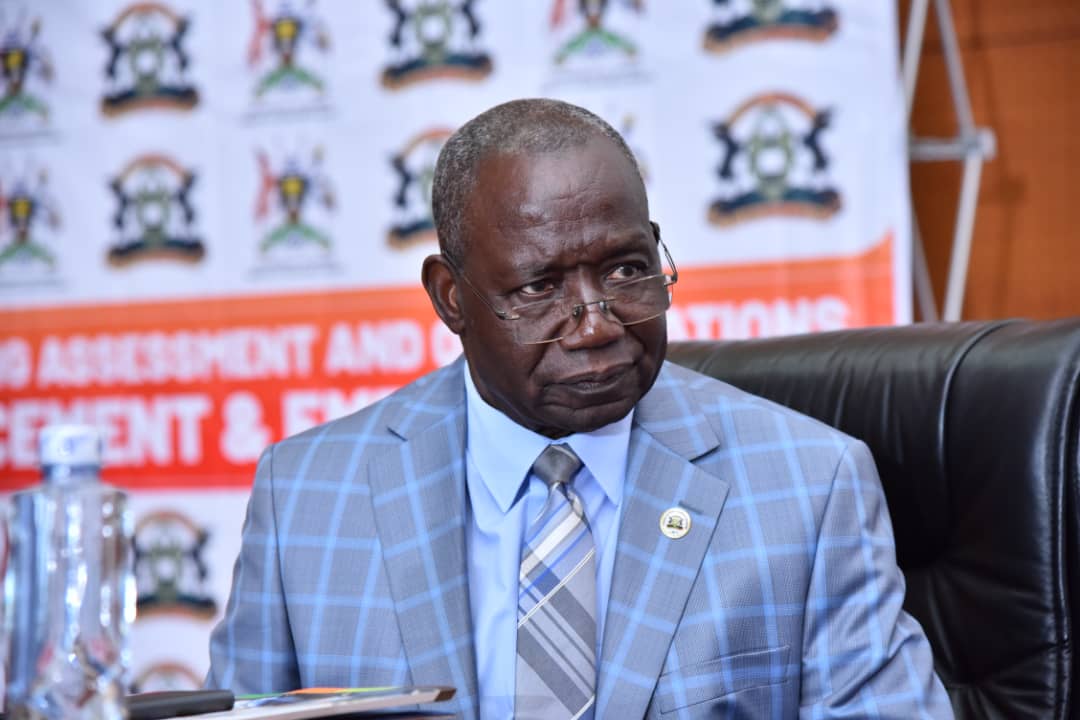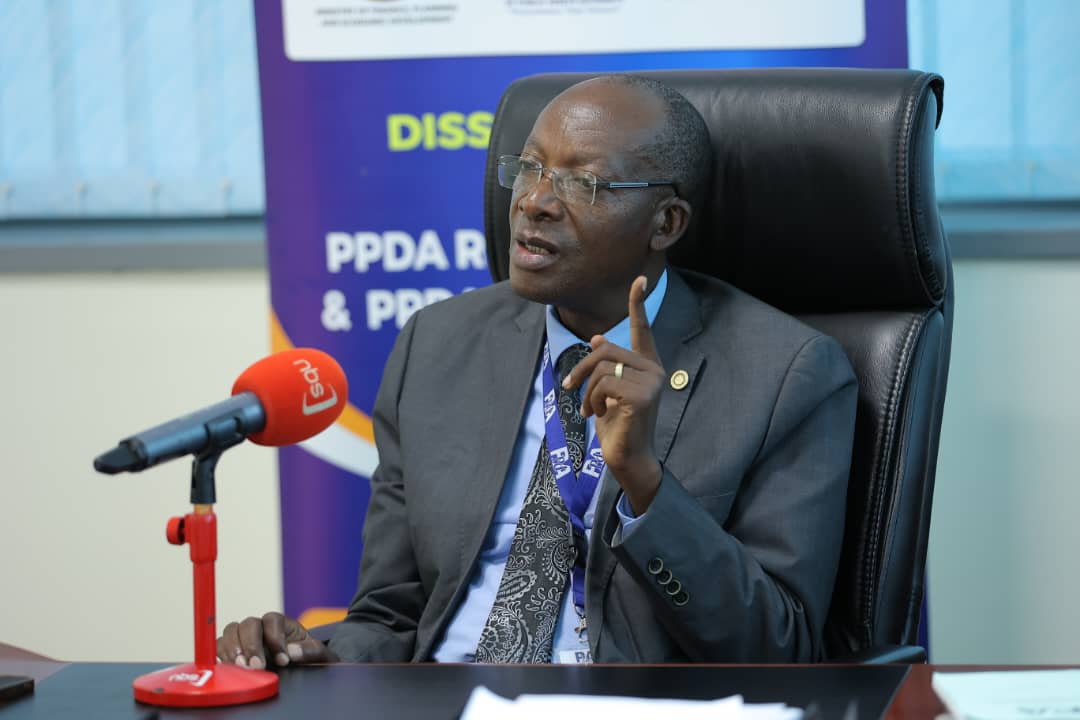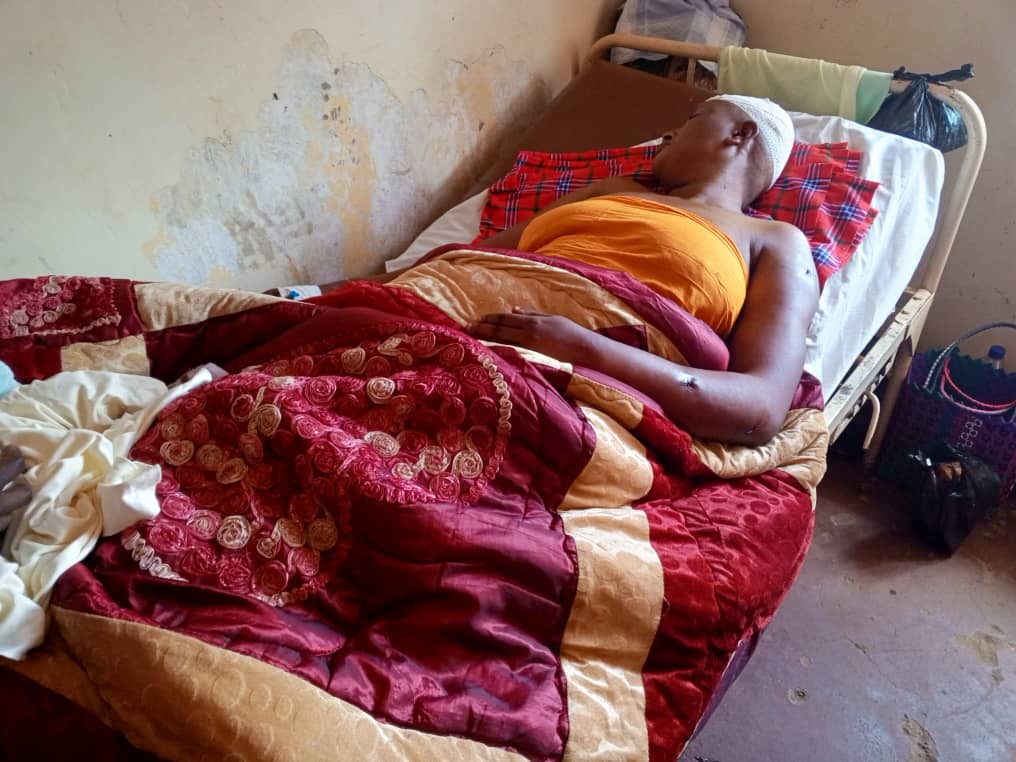Current Ugandan laws not effective in ending HIV, says new report
A report released by the Uganda AIDS Commission has indicated that the current laws and policies enacted to help in ending HIV/ AIDS in Uganda have in one way not been effective .
The report indicated that whereas Uganda’s laws allow equal access to and provision of HIV services to all members of the population, this current legal landscape has aspects that constrain an effective HIV response.
Keep Reading
“The HIV Prevention and Control Act makes attempted transmission of HIV a criminal offence with punishment by a fine, a prison sentence of up to five years or both. Additionally, intentional transmission of HIV is a criminal offence punishable by a fine or prison sentence up to 10 years or both. The broad and vague terminology used to define these criminal offences has the effect that law enforcement and courts may find it hard to determine attempt of intention considering that many people are unaware of their HIV status,” the report indicates.
According to the report, section 2 of the Penal Code Act establishes two related criminal offences of defilement and aggravated defilement with the latter happening when the victim is less than 14 years of age and the offender was aware of their HIV/AIDS infection.
The report says that whereas the intent of this provision was to protect young girls and boys, it criminalizes HIV transmission in contravention of international guidelines and discourages people from testing for HIV or disclosing their status.
“In particular, it unfairly discriminates against young people born with HIV who as young adults are trying to build relationships with the opposite sex,” the report says.
The report also points at the Sexual Offences Bill 2021 if signed into law will increase punishment for sexual offenders as a deterrence to crime while offering greater protection to victims of sexual offences.
‘However, the bill omitted to increase protection for women and other vulnerable groups from gender based violence and also fell short on inclusion of international standards for the protection against sexual violence.”
The report indicated that many laws and their provisions have been used to drive away some members of the public away from HIV prevention, testing and treatment services which undermines the county’s efforts to end HIV/AIDS as a public health threat by 2030.
Recommendations
According to the Uganda AIDS Commission Director General, Dr. Nelson Musoba sections 136-139 of the Penal Code Act that criminalise sex work, thereby fuelling stigma towards sex workers and providing a basis for police harassment for sex workers ought to be revised.
“In the short term, there is need to expand interventions to provide elgal support services, reduce stigma and sensitize law enforcement officials,” said Dr. Musoba.
He added that provisions in sections 142 and 143 of the Penal Code Act and article 22 of the Constitution present contradictions on the issue of abortion but noted there is need to be clear on this.
“There is need to harmonise the legal provisions on abortion and decriminalize abortion in order to give women access to safe abortion services, guarantee autonomy and decision-making agency over their reproductive lives.”
The Uganda AIDS commission boss noted that there is also a need to repeal or expunge section 41 of the HIV Prevention and Control Act 2014 that criminalises attempted and intentional transmission of HIV and as such, related cases should be prosecuted under the general law and not specific HIV laws.
“This HIV specific law portrays people living with HIV as worse criminals than those who are HIV negative but ignoring their vulnerability and having the potential to fuel a biased trial. The HIV status of the accused is likely to arouse stigma and overshadow other facts that should be considered in determining a case,” Dr.Musoba said.
Speaking during the launch of the report, the US Ambassador to Uganda, Natalie E. Brown said Uganda has continued to make progress in the fight against HIV/AID but noted there is need to end HIV related stigma.
“Many Ugandans living with HIV are not able to break away from stigma. That is why is very important to implement the recommendations in the report by the Uganda AIDS Commission,” Brown said.
“There is need to deal with the policy and legal impediments to ending HIV AIDS in Uganda. The laws that criminalise sex work fuel stigma and need to be corrected.”
The acting Minister for Justice and Constitutional Affairs, Wilson Muruuli Mukasa pledged government commitment in implementing the report’s recommendations.
“We are all for reform and change. We shall support that reform and change and ensure the law doesn’t act as a deterrent,” Minister Mukasa said.
“We shall work towards resolving the challenges highlighted in the report. Stigma must end but also the transmission, be it accidental or deliberate. This calls for strict discipline. Nothing should be left to chance in this fight against HIV/ AIDS.”



















